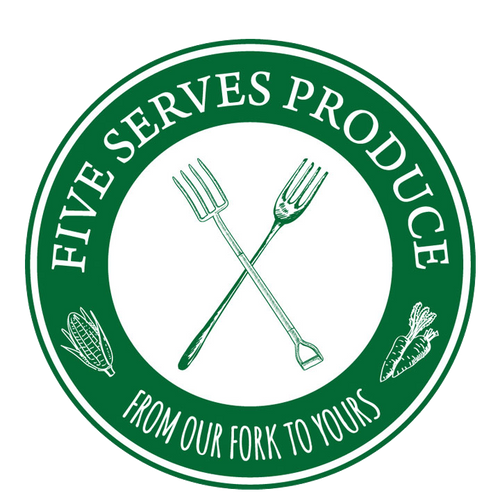The pitfalls of choosing veg to grow at home
It may seem tempting to head to the nursery and choose a random selection of veggie seedlings and even seeds that come with bright colourful labels promising an abundant harvest. However, a little planning and thought before you impulse buy can be the difference between a successful harvest, and one 2cm capsicum on a spotty-leaved plant next to a tiny flowering broccoli head. We've all been there.
What should you plant?
Start by thinking about what you actually like to eat, what's will be in season in a few months time, and what you have time to look after. That's what you should grow. Carrots might sound like a great idea, but do you have time to water and weed them daily for 10 days until they germinate? Tomatoes are delicious, as long as you have time to prune and stake them regularly. Capsicums are a favourite, but often need protecting from fruit fly, as well as a really hot sunny spot. If you are more experienced these crops can be great, but for the novice gardener there are some easy introductory veggies, that don't get many pests and won't need a lot of attention. Lettuce, rainbow chard, kale, spinach, rocket, spring onions, leeks, beans, peas, beetroot, zucchini, cucumbers and potatoes are all great. Pumpkins are easy if you have the space and a very sunny position. Garlic is quite simple if you plant it in mid-late Autumn and keep it weed-free, but needs about 9 months to grow. Start with one or two varieties of veg and go from there, but do your research. Remember, the more you practise growing at home, the easier it will get.
The importance of good seed (and seedlings)
Don't just buy seed without doing your research. I prefer to buy my seed online from dedicated seed companies, rather than off a retail shelf. That way I know it has been stored correctly, isn't old and will germinate readily. You can often get more interesting varieties this way too. Fresh seed is especially important for parsnips, onions, leeks and spinach. Likewise, don't be tempted to buy seedlings that are yellowing, wilted or past their prime. They won't reward you with a bountiful harvest. Nurseries often have better quality seedlings than large chain stores and can offer specific advice.
Still to come
Next time I will talk about succession planting for a continuous harvest.
This week's recipe links
Quinoa and Kale Quesadillas from Love & Lemons.
Traditional Greek Roasted Vegetables from The Mediterranean Dish.
Lemon Swiss Chard Pasta from Evergreen Kitchen.
Baked Zucchini with Parmesan and Thyme from The Mediterranean Dish.
More info
To read more about what's happening on our local organic farm this week as we grow and care for veggies for our box delivery, check out this week's newsletter here.

Comments (0)
Back to Farm News & Recipes